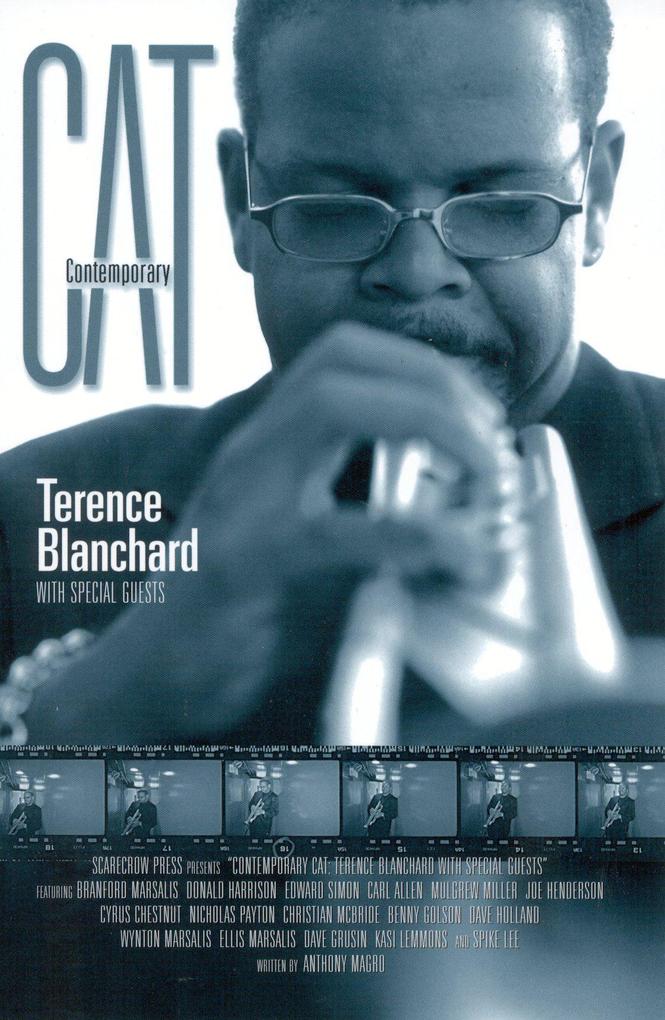Thorough...clever...never has a more detailed and personal portrait been conceived of the man and his genius on stage and in the recording studio. Music From The Movies A fascinating survey of Terence Blanchard's life and work through interviews with his colleagues. Jazzwise Magro augments the conversations with background and connecting material, so that the text flows nicely. History will view Blanchard as an important figure in jazz, and this volume makes the case compellingly. Recommended. All collections. CHOICE Well crafted and researched...ideal for students researching jazz subjects. Jazz Journal International Well worth reading for those who want to know what it's like to survive in the jazz world today. Just Jazz Contemporary Cat doesn't disappoint in covering all of Blanchard's film work, his years with [Art] Blakey, and the formation and dissolution of his various groups. But [it] is more than just a jazz musician's bio. The book could be called a bio-flick, not only in its unique format, but also in the fact that because of the breadth of Blanchard's career, this is also a very important book on Black movie history...everyone involved is quite open and honest in the book, particularly, and as always, Branford Masalis...At just over 200 pages, the book is a quick read. -- Mark Ruffin, writer N'DIGO Author Anthony Magro examines the career of Terence Blanchard through a series of straight-up interviews with the trumpeter and composer as well as his family, fellow musicians, teachers and those with whom he's worked in the film industry. Interviewees include all of the musical Marsalis clan, saxophonist Donald Harrison, bassist Christian McBride, director Spike Lee, actor Denzel Washington and a host of others. For the most part, the author stays out of the mix, quoting his subject directly. He quite successfully interweaves responses on a given topic, such as the controversial breakup of the Blanchard-Harrison band, the trumpeter's struggles when forced to change his embouchure, jazz's viability and the factor of race. By employing this technique, the reader is offered differing points of view minus possible misconstrued interpretations. JazzTimes Magazine































